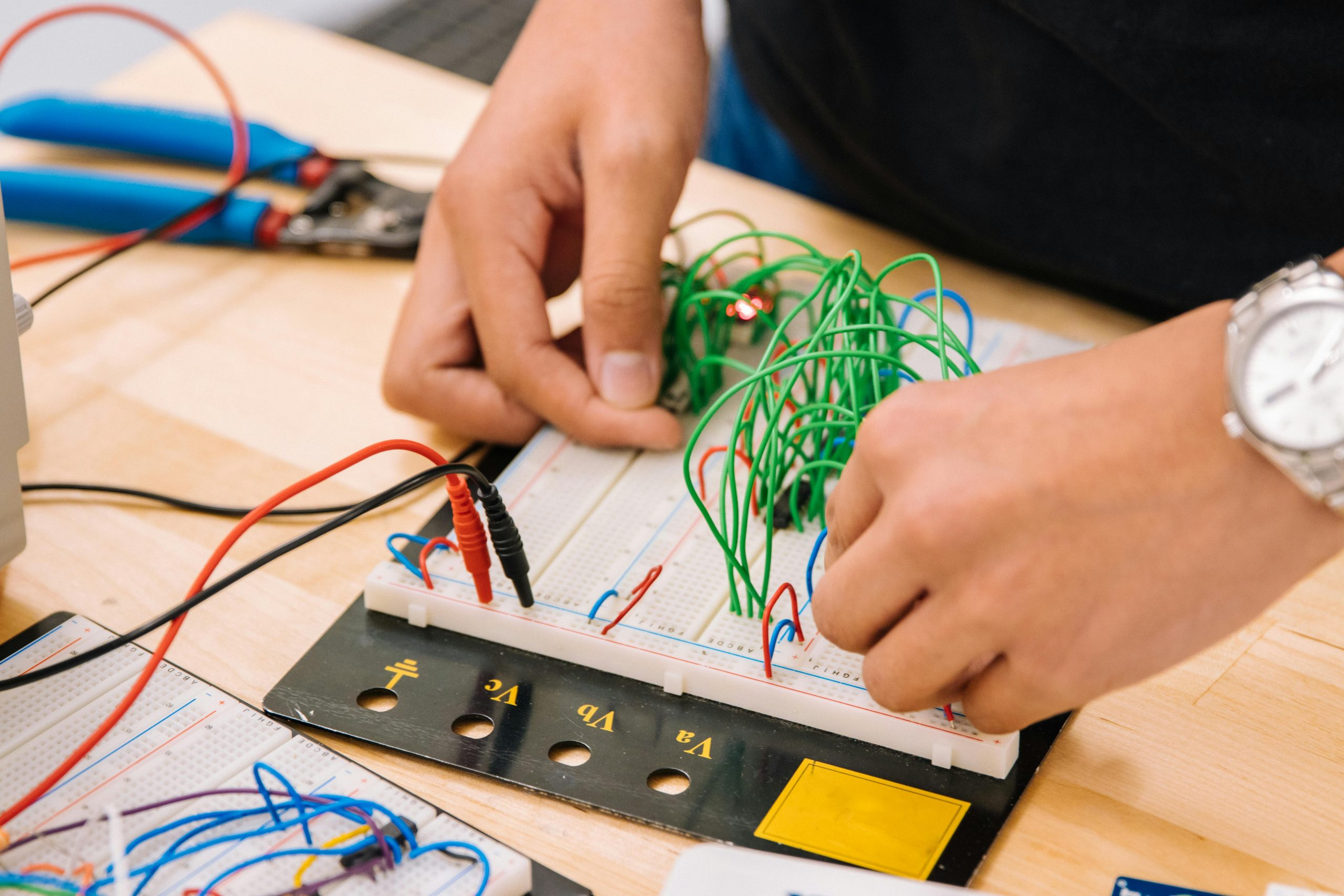The enduring legacy of a single electronic component
The evolution of technology over the past few decades has been marked by numerous advancements in the field of electronics. From the bulky and inconvenient devices of the past to the sleek and powerful gadgets of today, we have seen a significant transformation in the way we use and interact with electronic devices. However, amidst all the flashy new innovations, there is one seemingly insignificant component that has stood the test of time and continues to play a crucial role in modern technology – the transistor.
The Beginning of a Revolution
The transistor was first conceptualized in the late 1940s by John Bardeen, Walter Brattain, and William Shockley at Bell Labs. A significant breakthrough in semiconductor technology, the transistor replaced the bulky and power-hungry vacuum tubes that were used in electronic devices at the time. It was smaller, more efficient, and provided amplified signals with a higher reliability – a feat that was unheard of before. This paved the way for the development of more advanced electronic devices, revolutionizing the industry and changing the way we live our lives.
The Role of the Transistor Today
From the early days of radios and televisions to the modern-day smartphones and computers, the transistor has been an integral part of every electronic device. In fact, it is estimated that there are billions of transistors in use today, all working tirelessly to bring us the convenience and connectivity that we have grown accustomed to. These tiny electronic components are the backbone of our technology, performing functions such as amplification, switching, and signal processing.
Powering Innovation
The transistor has not only changed the way we use technology but has also fueled further advancements in the field. Due to its small size and low power consumption, the transistor has allowed for the development of portable devices such as smartphones and laptops. It has opened up a world of possibilities, making it easier for companies to innovate and create new and improved products. Without the transistor, we would not have seen the widespread use of modern gadgets that have become an integral part of our daily lives.
Enduring Legacies in Space Exploration
The significance of the transistor is also evident in the world of space exploration. With its ability to withstand extreme temperatures and radiations, the transistor has made it possible for electronic devices to operate in harsh environments outside of Earth’s atmosphere. This has enabled us to gather crucial data and explore the vastness of space, with the help of technologies like satellites and space probes.
A Green Future
In recent years, there has been a growing demand for eco-friendly and energy-efficient solutions. This is where the transistor shines once again. With the increasing numbers of electronic devices being used globally, the transistor’s low power consumption has become even more crucial. This has led to the development of more efficient technologies such as solar panels and electric vehicles, all made possible with the help of the transistor.
In Conclusion
The enduring legacy of the single electronic component, the transistor, is undeniable. Its small size, high reliability, and low power consumption have transformed the way we use technology and will continue to do so in the years to come. The transistor has undoubtedly left its mark on the world of technology and has played a crucial role in shaping our modern-day society. Without a doubt, it will continue to be an indispensable part of our lives and the advancements of the future.









